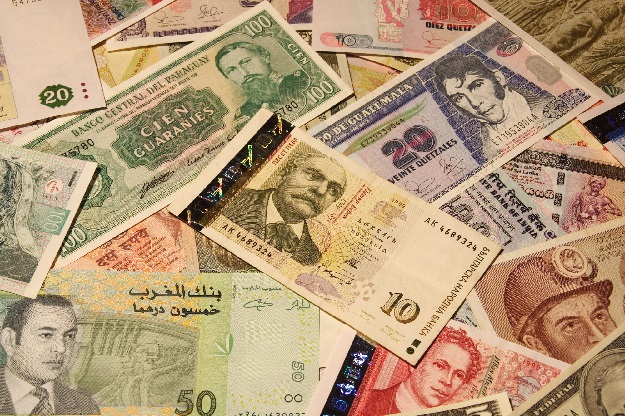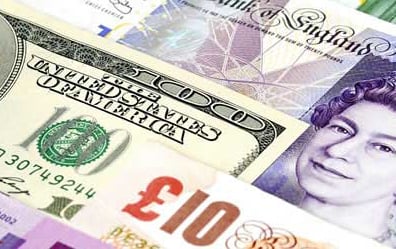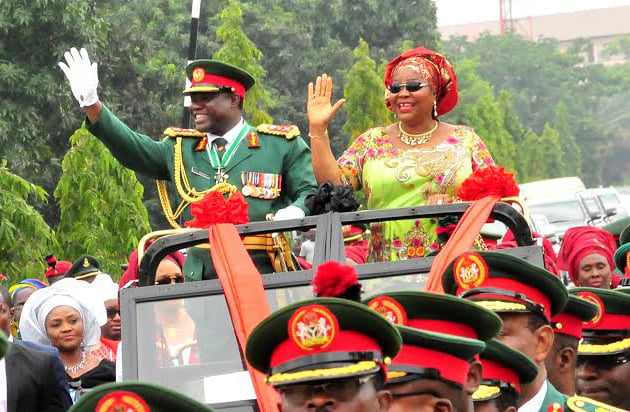In a most dramatic reversal in fortune, the naira fell N235 to US$1 in the parallel market on Tuesday evening, despite appreciating to N209 barely 24 hours earlier.
Nigerians had been celebrating the temporary improvement in the value of the national currency, which was attributed to the decision of banks to reject dollar deposits.
It had sold for N225 on Friday — and was at one time N243, its worst ever.
There had been a surfeit of dollars in the bank vaults and the rejection of dollar deposits had seen an influx of forex into the parallel market, where most individuals and small businesses do business.
Advertisement
However, by close of work on Monday, naira had fallen N215/$1, and by Tuesday morning the downward journey continued.
Naira started the day at N220 and closed at N235 at most bureaux de change (BDCs) in Lagos, leading to speculations that the temporary appreciation was a bubble.
Market analysts who spoke to TheCable said the Nigerian currency had entered the “fluid” state in which a stable rate cannot be expected or guaranteed.
Advertisement
“People bought at lower rate and then there was panic again that it might go up, so people started stockpiling again and the dollar started drying up, thereby pushing up the rate yet again. It is going to be like this for a while,” one of the analysts, who declined being named, said.
Dan-Mani Wurno, a BDC operator in Abuja, said the business had picked up compared with the previous week due to scarcity of dollars.
“The naira had reached a record low of N260 to a dollar. But since banks started rejecting cash deposits of foreign currencies, BDCs are now flooded with foreign currencies,” he said.
“Right now the naira is selling at N210 to a dollar. In fact we buy at N200 and sell at that amount. So business is good.”
Advertisement
Garba Mohammed, another BDC operator, said the gap between the price of dollar at the interbank and parallel bank might be bridged if banks continued to reject forex.
“The scarcity of dollar started since the CBN stopped BDCs from bidding for forex. We had to rely on banks and customers for our supplies,” he said.
“This has brought uncertainty to our businesses. Operators hoard dollars because they do not know when they will get it, and so many people rely on this channel for foreign exchange.”
A cross section of foreign exchange dealers told NAN that with the development, the naira would likely appreciate further against the dollar at the black market.
Advertisement





